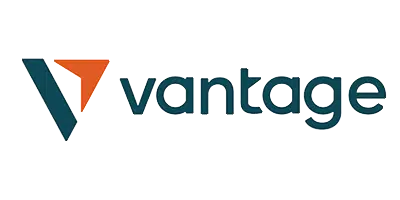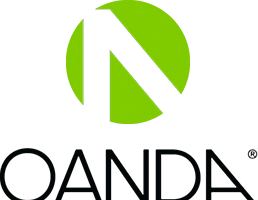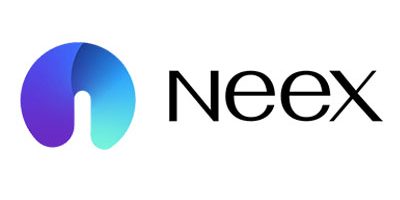What type of broker is IG?
IG operates under the Market Making (MM) model – meaning the broker acts as the counterparty to clients’ trades instead of connecting them directly to the market. This allows IG to offer fast execution speeds, tight spreads, and flexible leverage. However, there is a potential conflict of interest, since the broker’s main revenue comes from the bid-ask spread.
Pros & Cons
Pros:
- Wide range of markets and trading instruments.
- Intuitive, customizable platform interface.
- Advanced technical analysis tools.
- Multilingual customer support.
- No minimum deposit requirement.
Cons:
- Lack of transparency in fees and costs.
- Limited details on withdrawals.
- High minimum trade sizes in some markets.
- Relatively high deposit fees for credit cards.
Trading Instruments
IG provides access to over 17,000 markets, including:
- Forex, stocks, indices, commodities, cryptocurrencies.
- Futures, options, index baskets.
- Does not support bonds, ETFs, or mutual funds.
Spread & Trading Fees
- EUR/USD spreads start from 0.6 pips.
- Fees are not fully transparent for some trades.
- Costs may increase during low-liquidity market conditions.
Trading Platforms
- WebTrader: intuitive and easy to use.
- MT4: popular and familiar for traders.
- L2 Dealer: advanced tools for professional traders.
- Mobile App: available on iOS and Android.
Deposits & Withdrawals
- Minimum deposit: 0 USD (credit card deposits require at least $50).
- Methods: credit/debit card, bank transfer, FPS (HKD), Wise.
- Fees: Visa 1%, Mastercard 0.5%.
- Withdrawals: limited information, which may be inconvenient for some clients.
Conclusion
IG is a long-established broker offering a wide range of products, modern trading platforms, and an attractive demo account for beginners. However, its lack of transparency in deposit/withdrawal fees and trading costs remains a drawback to consider.







Leave a Reply